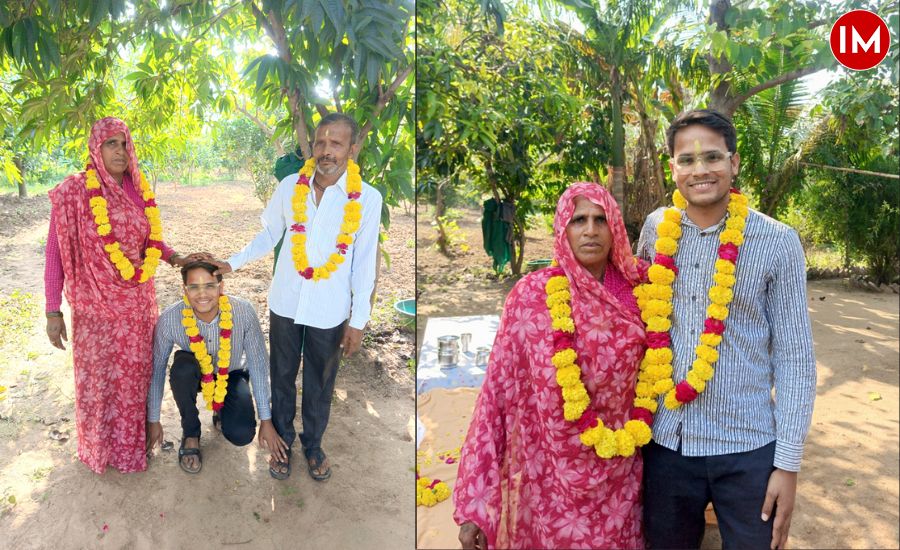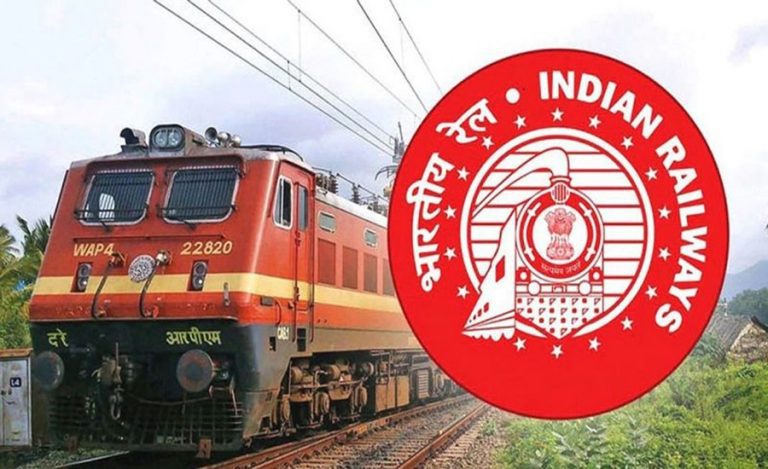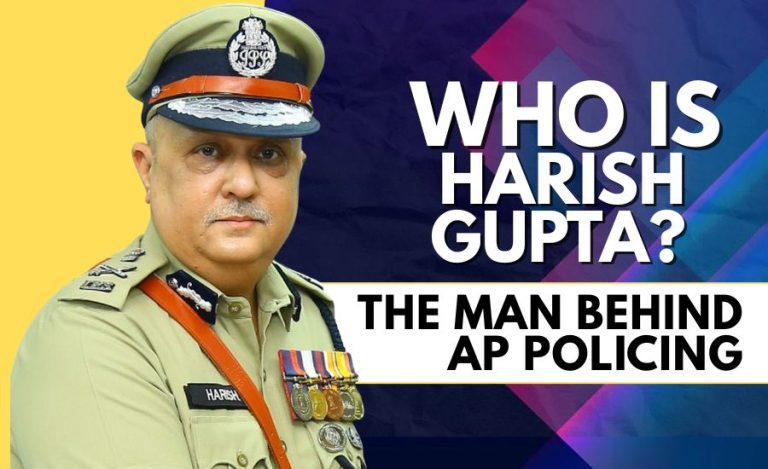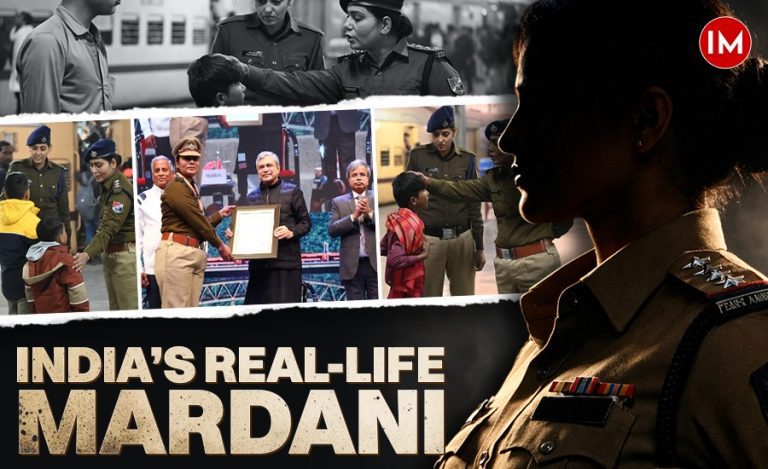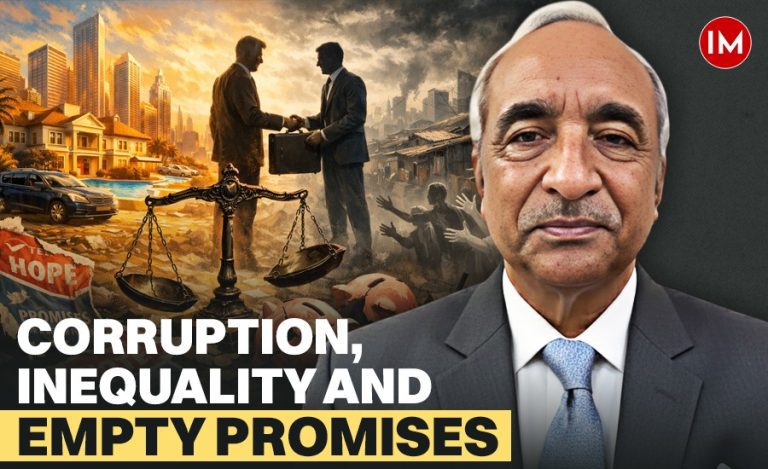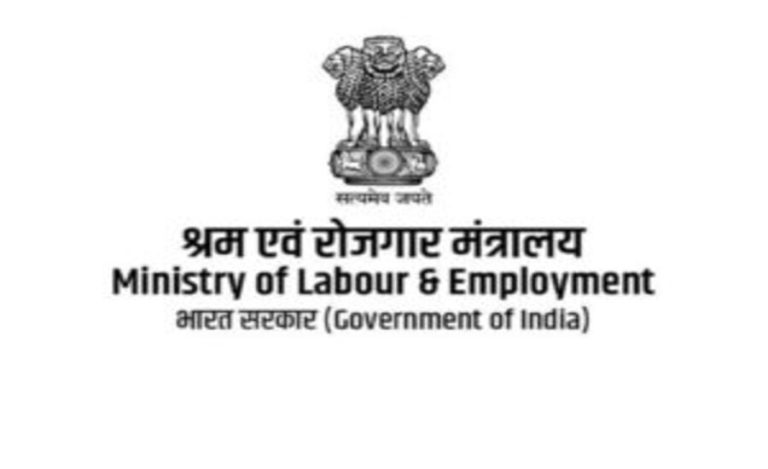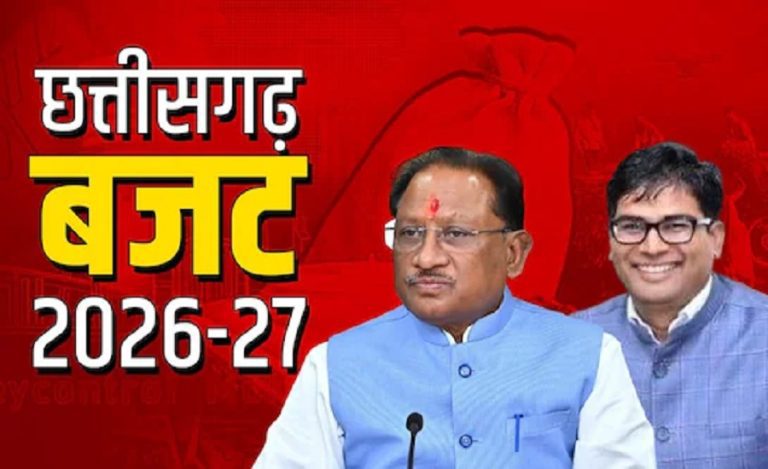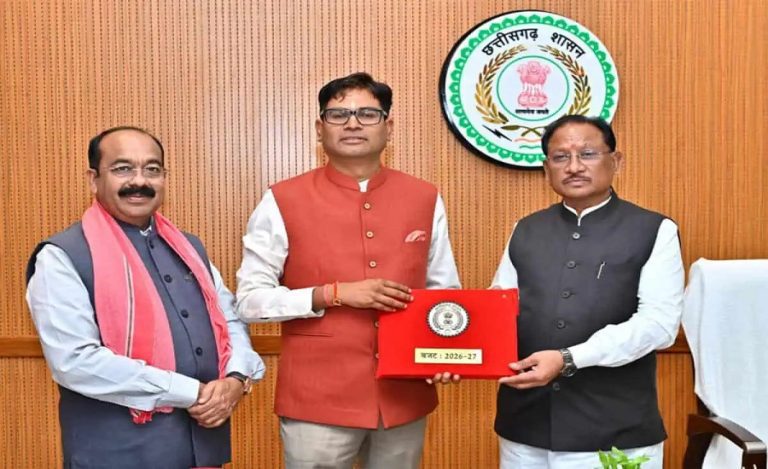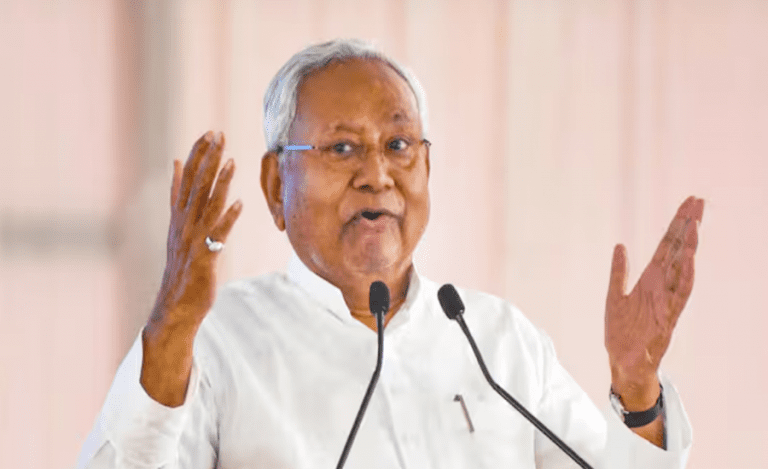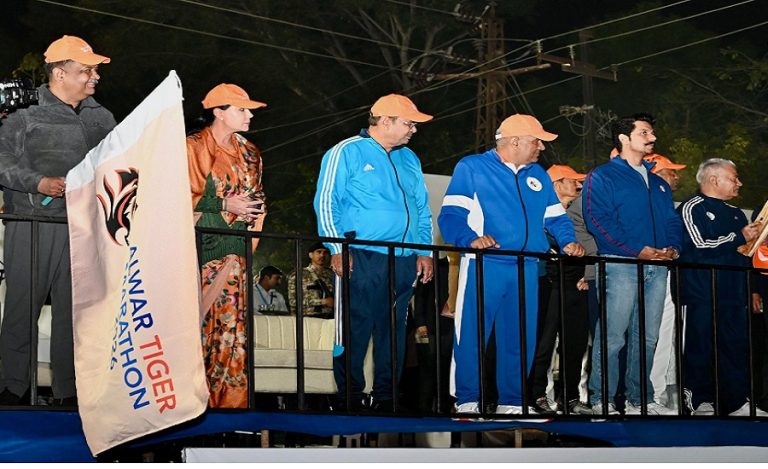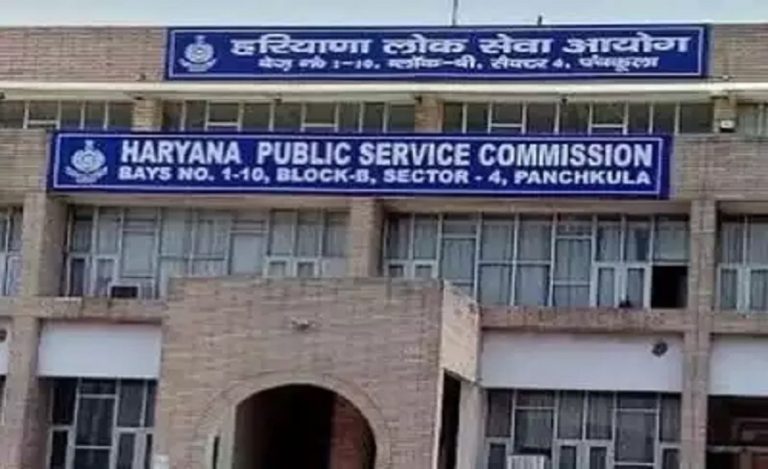When the results of the MP Civil Judge Exam 2022 were declared, a quiet afternoon in a small village near Chhatarpur turned unforgettable. Ishwar Patel was eating lunch when an unknown number flashed on his phone.
“Hello, sir, congratulations,” the caller said.
“For what?” Ishwar asked, thinking it was a prank.
“Your selection is done.”
Still unsure, he asked for proof. When the PDF arrived and he saw his name, everything around him blurred. Tears came first. Then he ran to his mother and said, “Your son has become a judge.” That moment, he says, will stay with him for a lifetime.
But nothing about Ishwar’s journey was easy or predictable. He wasn’t born into a family with resources or academic exposure. He grew up in a village where people rarely crossed the boundary of high school and where most children became part of farming households rather than classrooms. His father is a small farmer, and the family lived with limited means. The idea of becoming a judge wasn’t even a dream back then—it was something too distant to imagine.
A CHILDHOOD BUILT ON SELF-DEPENDENCE
Schooling for Ishwar began like it does for most children in India’s rural pockets—late, and with difficulty. The nearest school was 8 km away, a ride he would make on an old cycle through freezing winter mornings and scorching summers.
“In our area, if someone passed 10th from the MP board, their name spread to nearby villages. That’s how rare it was,” he told Indian Masterminds.
After Class 10, he moved to Indore for further education. His parents stayed back in the village because farming needed both of them. At an age when most children are still learning to navigate the world under the comfort of home, Ishwar was living alone.
“I cooked for myself, washed my clothes, and did everything. By second class, my brother had taught me how to manage on my own.”
His elder brother, eight years older, was his strongest support. Their bond shaped Ishwar’s life more than any institution or mentor. When his brother later moved away for work, Ishwar couldn’t handle the separation. He cried and begged him to take him along, and finally his brother shifted things around to bring him to Indore again.
“Whatever I am today, it’s because of him. He did more for me than any brother ever would.”
A YEAR LOST, A PATH DISCOVERED
After Class 12, Ishwar was preparing for JEE. Life, however, had another turn planned. A serious accident left him with a broken leg and a lost academic year. Anxiety set in. The future felt blank.
Out of distress, he dialled his cousin, already in the judiciary, and asked for guidance. That call changed everything. His cousin told him to take admission in law—any college, anywhere—and start again. Ishwar joined Barkatullah University in Bhopal for BA LLB, completing his degree in 2020, followed by an LLM.
Alongside, he began preparing for judicial services. He appeared for the UP and Chhattisgarh judiciary exams, but MP remained his real goal because of his domicile and desire to serve in his home state.
PREPARING WHILE CARRYING A VILLAGE’S EXPECTATIONS
Studying for judiciary exams is demanding even for those with comfort, coaching, and financial stability. Ishwar had none of that. What he did have was the pressure—and motivation—of representing an entire village that had never seen someone climb this far academically.
His friends from childhood were married by the age of 17 or 18. Girls were married off even sooner, often around 16. Schooling beyond Class 10 was a luxury few could afford or imagine. Safety concerns, long distances, and limited awareness restricted the futures of young girls in particular.
“People there say, ‘What will you do by studying so much?’ But now their thinking is changing. If someone from among them reaches somewhere, it opens their eyes.”
He often received calls from the village kids. He would encourage them and check on their studies, and now, he says, they will listen more seriously because they’ve seen what is possible.
THE DAY HIS LIFE CHANGED
On the day the result came, Ishwar was not even waiting at home. He was in Gwalior, taking care of his youngest aunt who had suffered a paralysis attack. He returned home around 7 pm and sat down for dinner. That’s when the unknown number called.
When he finally saw his name on the list, he burst into tears. His mother hugged him; his father’s eyes filled up. His bhabhi cried. His brother, when he heard the news, couldn’t speak for a moment and then immediately started telling everyone he knew.
“At least 25 of his friends called to congratulate me—people I didn’t even know. He was happier than I was.”
His village erupted in celebrations. People rushed to their home to greet the family. Ishwar laughs as he says, “The same people who once asked what the use of studying is now tell their kids to study by taking my name.”
For the girls in his village, especially, his success is becoming a turning point. Parents who earlier hesitated to send daughters far away for studies now mention him as an example. For the boys, too, he has become someone who proved that beginnings do not define endings.
WHAT THIS JOURNEY MEANS TO HIM
For Ishwar, clearing the exam is more than a personal victory; it brings a quiet shift in his village’s mindset. It reassures him that every hour he spent alone, every meal he cooked as a child, every cold morning ride, every moment of self-doubt—each of those struggles mattered.
He hopes his story will encourage others like him.
“Coming from such a background and even sitting for the exam is a big thing for us. If someone gets motivated by my journey, that’s the biggest happiness.”
His next wish is simple.
He says, softly, “When I meet my brother, I’ll hold him for half an hour. I never thanked him properly.”
Today, Ishwar Patel’s journey—from a farmer’s mud house to a judge’s chair—stands as a story that will be told for years in Chhatarpur’s villages. It will travel across fields, through narrow lanes, and into small homes where children quietly dream of a bigger world.
And now, those dreams feel a little closer.

